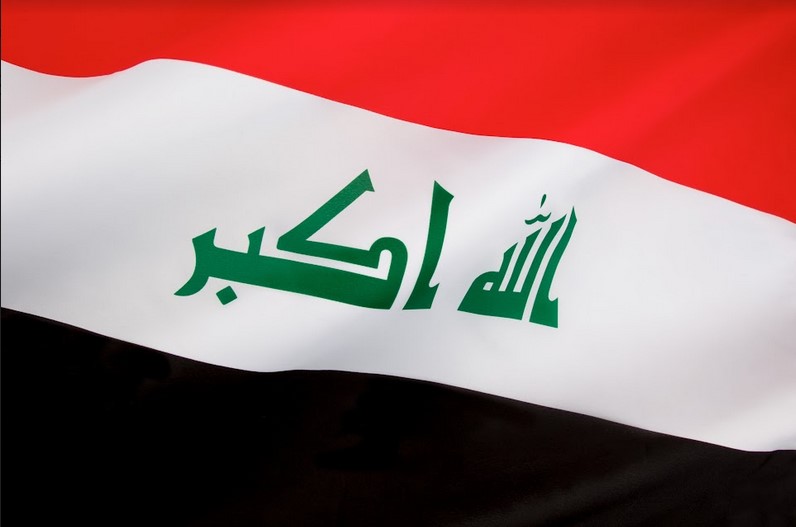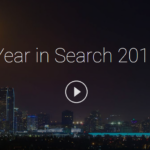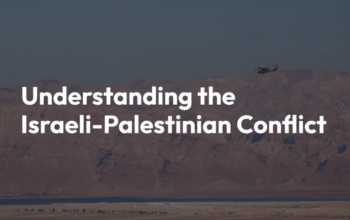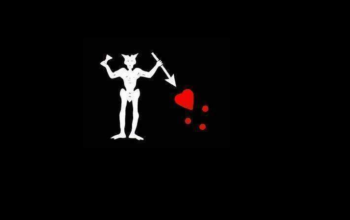There has been talk about Iraqi dinar speculations for quite some time. This oil-rich, but politically unstable country’s currency has created sort of a gold rush among speculators during the past few decades.
Even though there are speculators who are convinced that the Iraqi dinar will grow stronger in the future, a lot of experts don’t see any rational basis for this belief. Besides, this speculation field is known to abound with multi-million dollar scams.
However, this is not enough to conclude that the whole fuzz about the Iraqi dinar is a scam. There are a lot of opinions on this matter, but you should gain some basic education about the Iraqi dinar in order to form your own opinion.
A Brief History
The Iraqi dinar was first introduced in 1932 when it replaced the Indian rupee, which was used as one of the British colonial currencies. In the beginning, IQD was pegged to the British pound, but in 1959 it was switched to the US dollar.
IQD kept a steady course until the Gulf War in 1990 when it began losing value due to international sanctions and excessive government printing which caused rapid inflation. After the Gulf War, the previous Swiss printing method was no longer available, so the government started printing new dinar notes of lower quality, known as the Saddam dinar.
After the downfall of Saddam Hussein, inflation and depreciation has continued until today, but this political event developed an industry of dinar speculation. Exchange offices sell dinar at an inflated price, convincing the speculators that the currency will highly increase in value in near future.
Is It a Scam?

No one can say that the Iraqi dinar or IQD trading is a scam by itself. It was printed by a British company, it’s legal to trade it, and even the US banks hold this currency. However, according to some experts, the beliefs in the IQD’s soon rise in value are often based on misconceptions.
Some of the common misconceptions are being deliberately pushed by the IQD sellers, which makes the whole industry reek of scams. Nevertheless, this still doesn’t mean that selling or buying Iraqi dinar means participating in a scam.
It is important to demystify the most common misconceptions about the IQD, get a clear picture, and see for yourself if it makes sense to invest in this currency.
Revaluation vs. Redenomination
One of the most common misconceptions present among the IQD speculators is that there’s a pending revaluation of the Iraqi dinar which will lead to the payoff of the investors. A lot of people who believe this have confused revaluation for redenomination.
Revaluation is a calculated adjustment of the currency’s exchange rate related to a chosen baseline, in this case, the US dollar. Iraq is not planning to revaluate its currency, because it would make no sense. Even though their economy is slowly recovering, the rise of IQD would not be in their interest.
There have been talks about the redenomination of the currency, however. Redenominating the currency means simply changing the nominal value of the banknotes without changing the actual value related to the external baseline. This is sometimes done when inflation destroys the smaller unit of the currency, leaving only large denominations in circulation.
For example, Iraq may issue new IQD 25 banknotes that will have the same value of 25.000, simply dropping the zeroes in order to simplify internal trading processes. This, however, doesn’t mean anything to speculators holding IQD. Its actual value remains the same.
The Misunderstanding of KWD’s Recovery

IQD traders often take the example of the Kuwaiti dinar’s recovery after the Gulf War to show that it’s reasonable to expect the rise of the Iraqi dinar. Even though these are both oil-rich neighboring countries that participated in the same war that devaluated their currencies, the case of Kuwaiti dinar’s recovery is not really applicable to Iraq’s circumstances.
When Iraq invaded Kuwait in 1990, they imposed their own currency on Kuwait’s market. Meanwhile, they looted Kuwait’s banks for millions of KWD which they brought back with them after the war has ended.
After Kuwait’s liberation, the government has issued new banknotes in order to prevent the stolen ones from influencing the market. They simply re-established the pre-war rate of the Kuwaiti dinar. Iraq’s case is much more complicated, the crisis in that country has prolonged until today and it’s unrealistic to expect a similar scenario to happen.
The Global Currency Reset
There’s a popular theory among the IQD speculators and beyond, that there’s a global currency reset being held up by the World Bank and IMF. This, of course, has no basis in reality and has been dismissed as a conspiracy theory.
Even though global currency reset has happened before, reputable representatives from major banks and IMF are denying this possibility. It’s not impossible for this to happen, but it would be irrational to invest your money in this assumption.
Speculating is Legal, But Be Careful
As already mentioned, IQD speculating is just as legitimate as speculating with any other currency. However, this one has a hype around it that raises some concerns. There are people already in jail for fraud with IQD speculation.
There’s an ongoing political crisis in the middle east that doesn’t seem to reach an end, but Iraq is an oil-rich country that has emerged from the crisis before. After all, it’s called speculating for a reason. Anything can happen. We’re not saying that you shouldn’t invest in IQD, but you shouldn’t let anyone mislead you with false theories mentioned in this article.
There are scammers in every branch of business, but this one is full of them. You can recognize them by some common red flags: they are working alone, there’s no reputable company behind them, they are using persistent marketing, they guarantee success and promise exaggerated returns, etc.
You can’t make big money without taking a risk, and investing in IQD is a risk. It’s just important that you know what you’re doing and why are you doing it, so you don’t have regrets whatever happens.
Related Posts












